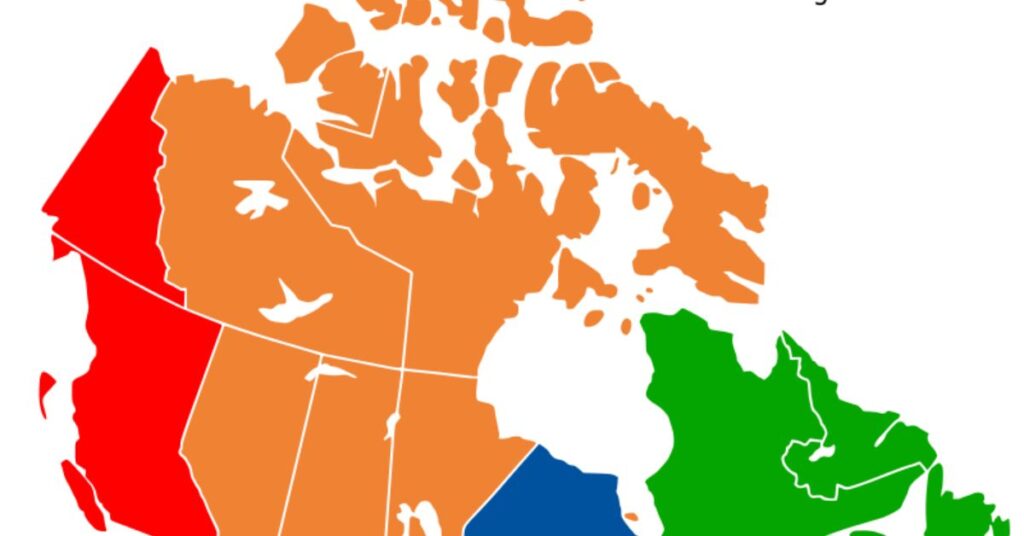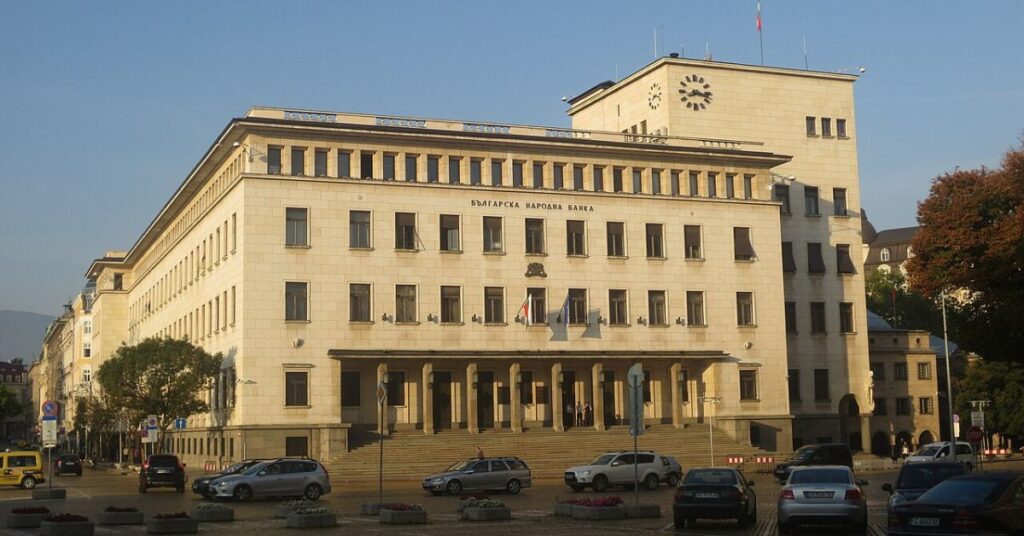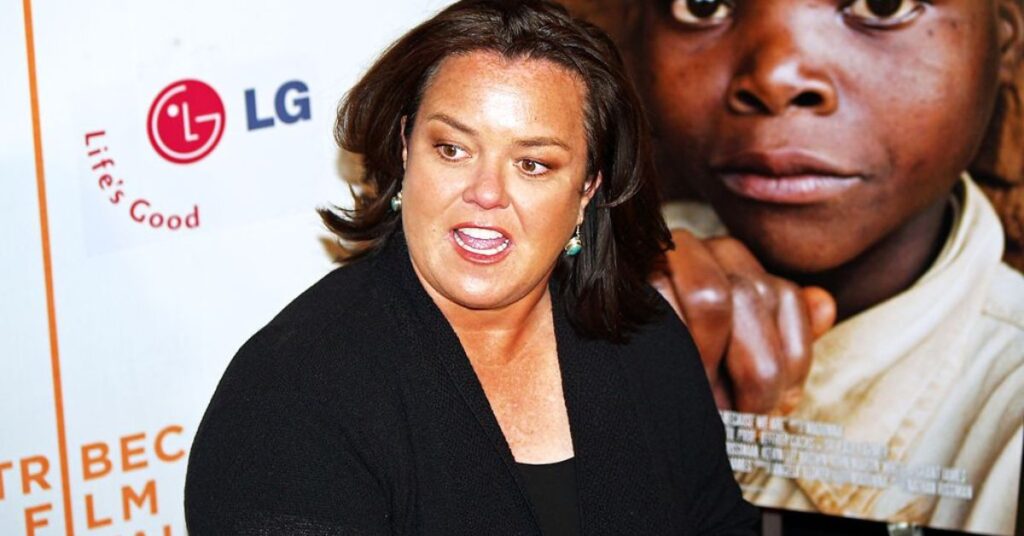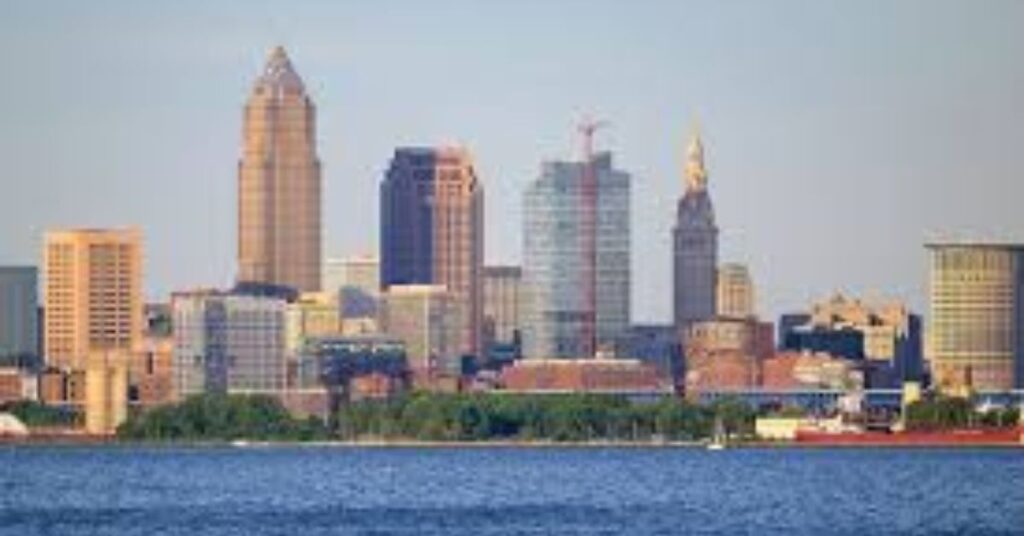If you’ve been job hunting lately, chances are your bank balance isn’t what it used to be—and now, just when you thought things couldn’t get more unpredictable, two financial giants are shaking up the credit card world. Capital One just got the green light to merge with Discover, forming what could become the biggest credit card company in the country. But what does that mean for you, especially if you’re unemployed and already struggling to keep your credit afloat?
This isn’t just Wall Street news. It’s real-life impact stuff—affecting how much you might pay in interest, how easily you can get approved for a credit card, and whether your next job hunt could be even harder if your finances take another hit. But don’t panic—this story is also packed with practical ways to stay ahead, protect your credit, and even turn this financial curveball into an opportunity. Let’s break it down.
Real, Practical, Encouraging Tips for Unemployed Readers:
- Stay On Top of Your Credit Score:
With Capital One’s heavy involvement in subprime lending, expect tighter terms for those with lower credit scores. Use free credit monitoring tools (like Credit Karma or NerdWallet) to track your score weekly. Even small improvements—like paying down just a bit of a balance—can help you avoid higher interest rates. - Avoid Racking Up New Debt Right Now:
Uncertainty during mergers can lead to shifts in interest rates and terms. Unless absolutely necessary, don’t apply for new credit cards right now—especially from either Capital One or Discover—until the dust settles post-merger. - Negotiate Interest Rates or Ask for Forbearance:
If you’re already a Discover or Capital One customer and facing financial hardship, call them. Mention unemployment and ask for hardship assistance or temporary forbearance. Many companies have dedicated programs—they just don’t advertise them. - Explore Community Banking Alternatives:
Big mergers often mean less personalized service. Local credit unions or community banks may offer lower fees, better approval odds, and human-centric support—ideal when you’re rebuilding after job loss. - Focus on Your Financial Education While You Job Hunt:
Now’s a smart time to learn about credit, budgeting, and debt management. Sites like unemployed.im are built to support people just like you—with tools, encouragement, and stories that remind you: you’re not alone.
What just happened between Capital One and Discover?
Capital One received final approval from U.S. regulators to acquire Discover Financial Services in a $35 billion all-stock deal. The merger is set to officially close on May 18, making Capital One the largest credit card issuer in the U.S..
Will this merger affect my Discover or Capital One credit card?
Not immediately. Capital One says there will be no immediate changes to customer accounts. However, over time, you might see changes in interest rates, fees, or rewards structures as the companies integrate.
I’m unemployed. Should I be worried about higher interest rates?
Possibly. Capital One has a track record of serving subprime borrowers (credit scores in the 600s), and those customers often face higher interest rates. If your income is unstable or your credit has taken a hit, it’s wise to monitor your rates closely and look out for any account changes post-merger.
What does this merger mean for people with lower credit scores?
Capital One will now control one-third of the subprime credit card market. That could mean stricter terms for approvals, higher rates, or fewer affordable card options for people with challenged credit.
Why did the government allow this merger despite antitrust concerns?
While the Biden administration had been skeptical of such deals, the Department of Justice approved the merger in April, citing insufficient evidence to block it. The Federal Reserve and the Office of the Comptroller of the Currency also gave it a green light—with some conditions to address past misconduct at Discover.
What was Discover penalized for before the merger?
Discover was hit with a $100 million penalty for overcharging merchants on interchange fees from 2007 to 2023. As part of the merger approval, Capital One must submit a plan to fix any unresolved issues related to this.
How big is Capital One now after the merger?
Capital One now holds about $363 billion in deposits and $490 billion in total assets. It’s the largest bank by deposits in the D.C. metro area and a major force in both mainstream and subprime credit markets.
Want more breakdowns like this that actually get what you’re going through? Stick around. At unemployed.im, we don’t just share news—we translate it into power.



















